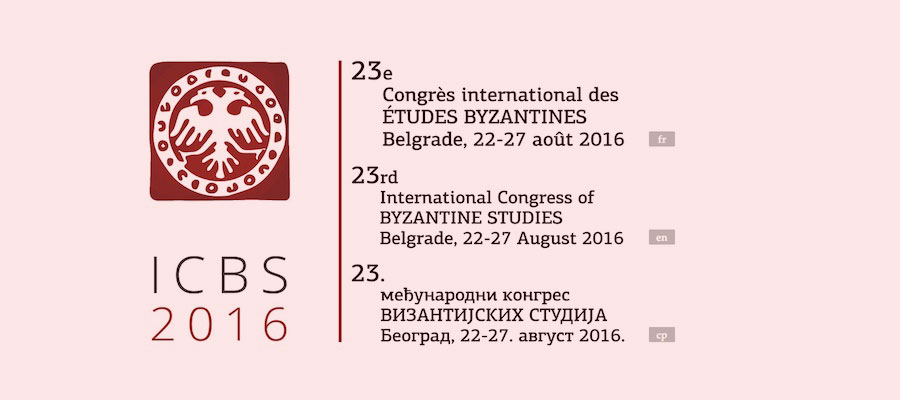The Performing Arts in Byzantium: The State of the Field, Communications Libres panel, 23rd International Congress of Byzantine Studies, Belgrade, August 22–27, 2016
In spite of Byzantium’s reputation in the West as “the bridge between Antiquity and the Renaissance,” and the traditional theatre’s standing as one of Classical Athens’ greatest achievements, and in spite of the fundamental orality and performativity of Byzantine culture, the Byzantine performing arts have been largely neglected. Textbook accounts of theatre history in particular tend to divide along stark lines: those who create a “ghost chapter” inventing continuities without any hard evidence; and those who have stressed a fundamental discontinuity in Hellenic culture between Late Antiquity and the Renaissance. The lack of any coherent account of whether and/or how theatre changed during the Byzantine millennium is a reminder that there is much about Byzantine culture we have yet to address. The failure to address the true nature of Byzantium’s contribution to the revival of traditional theatre, in turn, points towards a telling gap in the West’s knowledge of itself.
The past few years have seen a renewed interest in the question of Byzantine theatre and Byzantine drama, with important contributions from Archaeologists, Classists, Philologists, and—last but not least—theatre historians. The proposed panel would gather senior scholars who have published on the issue of Byzantine Theatre, broadly conceived, to discuss the state of current research. Beginning with evidence for elite and popular theatrical cultures in Late Antiquity, scholars would address issues as varied as the legal, canonical, and hagiographical status of stage performers; evidence for decline and change in traditional performance spaces; the emergence of a two-tiered performance scene, popular and elite; creativity and theatricality in rhetorical progymnasmata; and the curious re-emergence of dramatic poetry during the Komneni period.
Those interested in participating should contact the organizer Andrew Walker White, Stratford University, Woodbridge, VA.
Source: BYZANS-L, August 18, 2015
